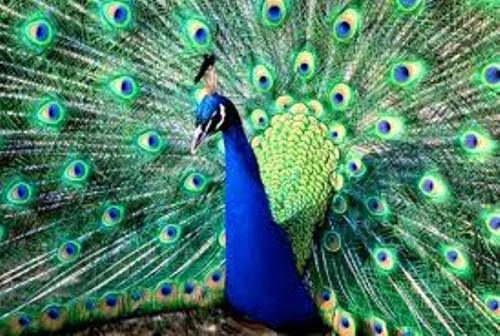
I got the call at night. My 86-year-old father Morry, a man so full of energy and life that he worked full-time until he was 76 years old, had overdosed on pain medicine. They pumped his stomach, but they couldn't tell yet whether he would live.
My heart sank. How could I have missed seeing just how desperate he had become? For months, my sister and I took turns taking him from doctor to doctor for his intractable pain. He was ornery, not at all himself, but we never realized just how bad things were.
Was he trying to kill himself? Quiet the unbearable pain? I think it was a call for help, but I will never be sure.
Ironically, in time, his despair brought him and us to a tunnel of light and a new reverence for life.
Though he survived the night, the darkness didn't recede. He was diagnosed with advanced colon cancer. With an actual enemy to fight, his stubborn optimism resurfaced until surgery revealed that his cancer had metastasized. At first he persisted and after prolonged bed rest even learned to walk again. But, after a horrifying stay in a hospital on the Main Line in Philadelphia, in which he was over-sedated, he was released to a live-in Quaker hospice by my house in Bucks County, Pennsylvania.
There, with loving care and skilled pain management, he became the one in a hundred patients who come back to life.
His first day there we discovered a yard with peacocks, a wheelchair-rolling distance away from his room. Though he was half asleep, peacock watching immediately appealed to him. Waiting for a glimpse of the magnificent blue-green male and his milky white mate became our daily pastime. Well-camouflaged, the peacocks played hide and seek in the bushes for hours at a time. The difficulty of observing them only fueled my father's interest. I'd race his wheelchair from window to window in endless pursuit. He was patient and able to wait.
For most of his life, Morry was in a hurry, juggling caring for our family with work -- a series of restaurants and bars he owned in Philadelphia. Though capable of great warmth, he was stoic. I always knew he loved us, but he rarely said it.
He worked 12-hour days except for Sundays when he took half a day off. Even when we took vacation, he'd join us for a couple days, but never for our full-time away and wherever we were his work was still with us. During our summer getaways to the Jersey Shore, after we'd jump the waves, he'd pull from his pocket clanging keys to his many businesses, and that day's count of coins and soggy bills.
By the time he had reached hospice, his pockets were empty, his daily shuffle was over and his inner clock was re-set.
His age and his illness had transformed him into the Zen master of peacock watching. As the hours passed, I would grow restless, wondering, "Were we waiting for Godot?"
Determined to see that Technicolor bird, he would gesture, "I think he's over there."
"I don't see him," I'd reply.
"Right there," he'd point. "Just wait, you will,"
Sometimes we did. On those days, it felt like we had wished hard enough, or waited long enough, to make it happen. The real key was our timing -- it was mating season. The brilliant blue male was trying to impress the drab female, not us. He'd suddenly appear, let out a loud sharp cry, shimmy his rear and spread his iridescent train of eye feathers like a proud Mummer on parade, energetically shaking his tail feathers up and down.
No matter how many times we saw the same display, watching the peacock fan out his feathers worked its magic.
I had waited long enough for my father, often as elusive as the peacock, to reveal his true colors. Now after all his struggles, seeing his determination, strength, joy and love, were no less amazing than the full spread of the peacock's plumage.
Once, Morry wanted to die. Now, though he didn't have long, he wanted to live every minute that he could as fully as possible. He did just that and lived long enough to see the female peacock give birth.
For the many months he was in hospice we saw many people die the same day they arrived. But he persisted until they kicked him out. A year and a half later, he returned. By then the peachicks had grown, as had his heart and spirit, along with my appreciation for life and my father's love.
It took him a couple weeks to admit that this time he was dying. When he finally did pass away, I was lucky enough to be sitting with him. Against his usual grain, he told me how much he loved me. Then he had me call my mother and sister and fully declared his love to them as well.
(This essay was first published on www.phlmetropolis.com and is being republished on the anniversary of Morry's death.)
Earlier on Huff/Post50:
